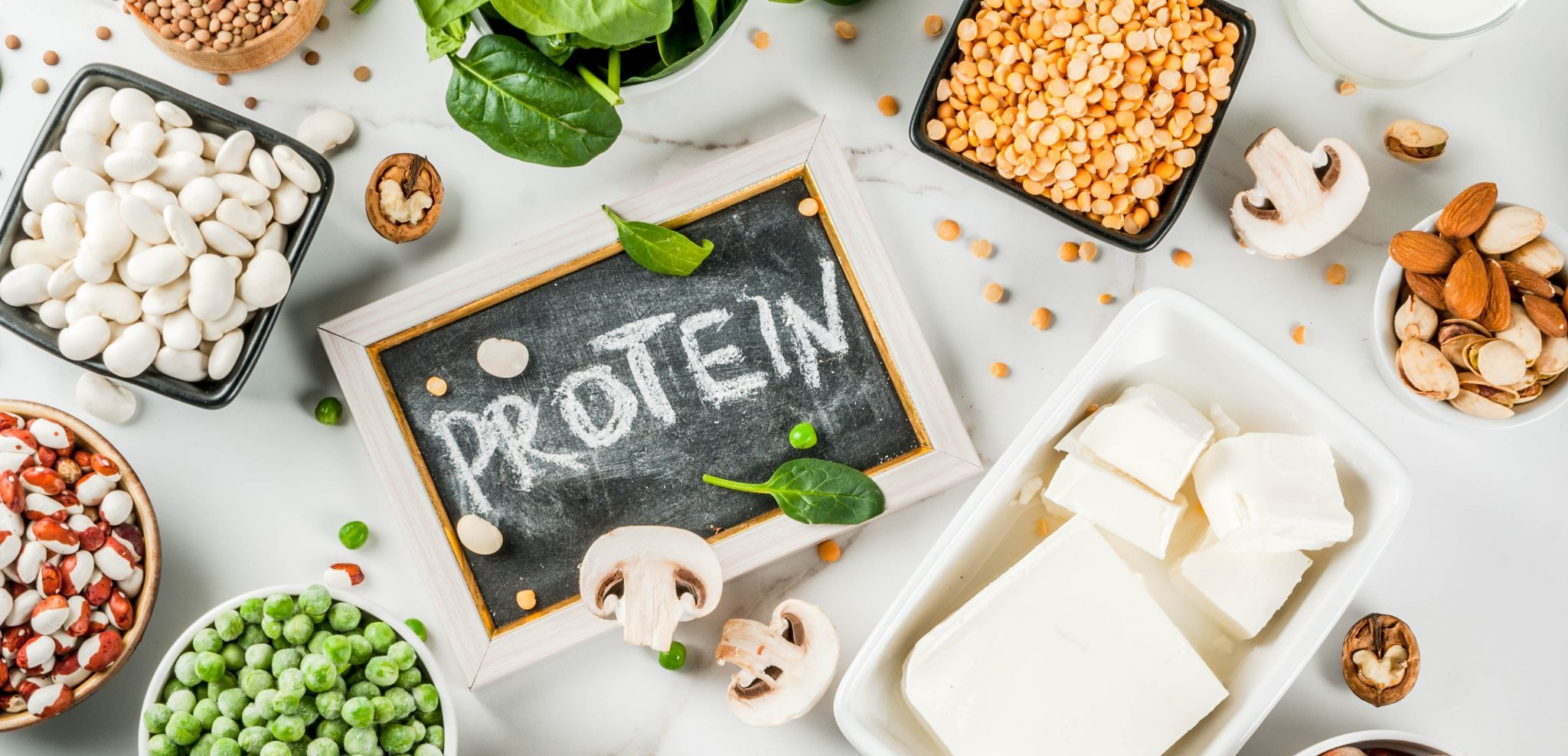Top 10 Natural Sources of Protein to Keep You in Best Shape


The finest natural protein sources aren’t often the ones we expect. They satisfy our hunger, replenish our bodies, and are beneficial to our health.
It might be difficult to change your life by adopting a sustainable (and, more importantly, delicious) diet, and you’re undoubtedly wondering, “What is the simplest protein to digest?” Don’t! We’ve got your back.
No meat?
Although we don’t preach veganism––that’s your choice––when most people think of protein, they think of chicken, cattle, pork, and fish.
These, on the other hand, can be tough to digest and leave you feeling tired even after a workout. But did you know there’s a whole other world of protein-rich foods to explore?
Variety is the spice of life, so we’ve compiled a list of the finest natural foods that are high in protein and extra delicious for your gastronomic delight.
Top 10 easy to digest proteins
Go nuts!
Get an immediate protein boost while satisfying your crunch appetite. Nuts and seeds, in general, are quick and convenient sources of protein––grab a snack bag on the move or eat at your desk. These two are our absolute favorites:
1. Almond
Almonds are a delightful snack on their own or as a tasty addition to your morning porridge, with 6.4g protein and 155 calories per 1oz (28g) portion.

2. Peanuts
Peanuts are ideal for watching a movie or finishing that last-minute report, weighing in at 1 oz (28g) per serving and containing 7g of protein with only 160 calories.
Note: As far as possible, avoid salted versions and reduce your extra salt intake; this affects your fluid balance and can contribute to dehydration and water retention. Also, be aware of acquaintances who have nut allergies; it never hurts to inquire.

3. Chickpeas
Mixed into falafels, added to a salad, or blended into hummus, chickpeas come ready with 4.5g protein and 109 calories*.

4. Black beans
Black beans, the true magical fruit,’ not only provide 6.9 grams of protein and 54 calories* to your diet, but they can also aid with constipation and bloating.

5. Kidney beans
Kidney beans include 6.9 grams of protein and only 54 calories, making them excellent for decreasing cholesterol, enhancing memory (due to B1 vitamins), and acting as an antioxidant and energy booster.
Per 1oz (28g) serving, these are the nutritional values.

All those grains (and lentils)
These are some high-protein foods that are also healthy. Say hello to these miracles if you need some comfort and a protein boost for breakfast, lunch, or dinner:
6. Quinoa
Quinoa is low in fat, high in iron, and high in fiber, with 8.4 grams of protein and 222 calories per 185 grams. Quinoa is also a gluten-free whole grain, which is beneficial to individuals on a low-GI diet.

7. Buckwheat
Buckwheat, another gluten-free fighter, has an outstanding amino-acid profile and is high in fiber protein, 13.25 grams per 100 grams, as well as a variety of other vitamins and minerals. At 343 calories, it’s a tad on the high side, but it’s far less than other types of pasta, bread, or cereals, and it may be used as a pancake batter substitute.

8. Lentils
Whether you’re making a curry or a thick soup, lentils can be used in a variety of ways and are a great addition to your diet. In terms of numbers, they include 9 grams of protein per 100 grams and only 116 calories.

Completely cheesy
Cheese has so many varieties and applications that you’ll never get tired of it. Cheese is a master of many culinary disciplines, from sweet to salty, creamy to crumbly. These are our recommendations if you want to enhance your diet without expanding your waistline:
9. Cottage cheese
Cottage cheese is a staple in many cuisines around the world, appearing in everything from Indian curries to Russian breakfast platters. It’s a high-protein filler with 11 grams of protein per 100 grams and only 98 calories.

10. Cheddar cheese
Cheddar cheese is filling and high in protein and calcium, and it’s beneficial for your bones, teeth, and blood pressure. Enjoy but only in moderation, as it contains 25g of protein per 100g. Its protein benefits are matched by its 400-calorie price tag.




